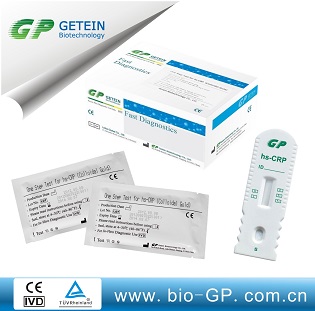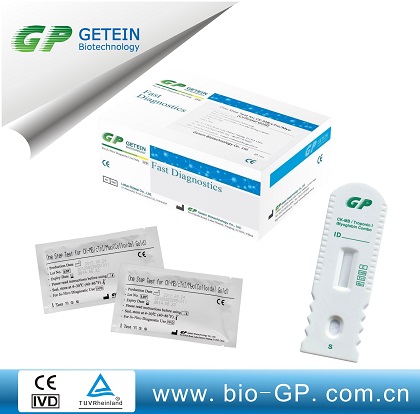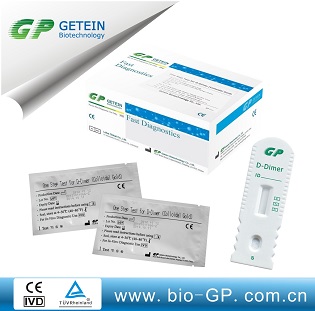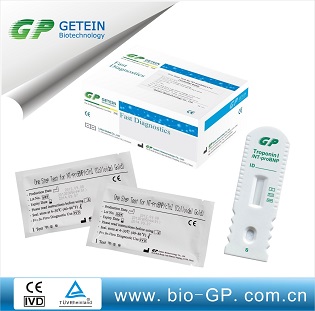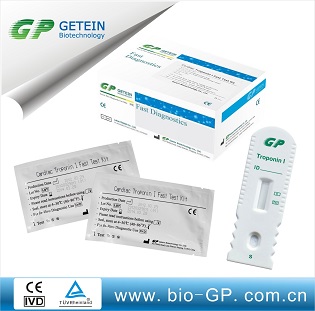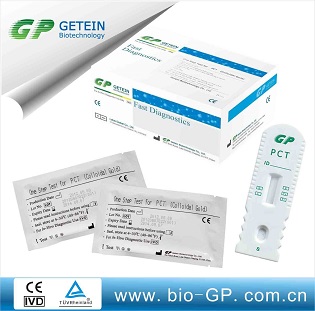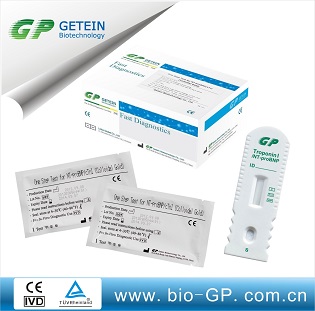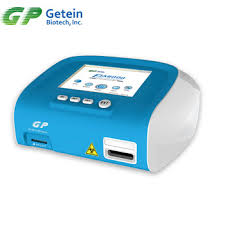Product information
CRP (C-reactive protein) is made by the liver and secreted into the blood. CRP increases with inflammation, infection, myocardial infarction (MI, heart attack), surgery, trauma. As such, CRP is one of the few proteins known as acute phase reactants, used to monitor changes in inflammation associated with infectious and autoimmune diseases.
What do test results mean?
People with higher hs-CRP values have a higher risk of cardiovascular disease, and those with lower values have a lower risk. Specifically, individuals with high hs-CRP results at the end of the allowable normal range were 1.5 to 4 times more likely to have a heart attack than those with the lowest hs-CRP scores in the world. allowable term. The American Heart Association and the US Centers for Disease Control and Prevention have identified the following risk groups:
- low risk: less than 1.0 mg/L
- moderate risk: 1.0 to 3.0 mg/L
- high risk: over 3.0 mg/L
These values are only one part of the overall assessment process for cardiovascular diseases. Other risk factors to consider are high levels of cholesterol, LDL-C, triglycerides, and glucose. In addition, smoking, high blood pressure (hypertension), and diabetes also increase the risk.
The hs-CRP test can be used to identify markers of inflammation, it is important that anyone taking this test is in good health for any test results to be predictable. risk of coronary artery disease or heart attack. Any nearby illness, injury, infection or inflammation will generally raise CRP levels and give a false result because of the increased risk.





